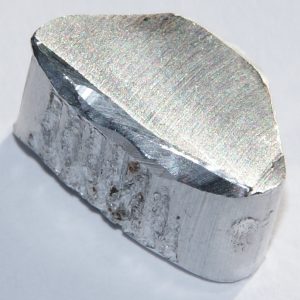Reposting this, on this auspicious day …
It’s Friday 13th, and for some people that’s a day when their triskaidekaphobia kicks in big time. Triskaidekaphobia? It means “fear of the number 13”. Also sometimes spelled triskaidecaphobia, it’s a slightly strange word deriving from two different languages: it combines the Greek treiskaideka (“thirteen”) with the Latin word for “fear of”, phobia. The first known written citation is in a book by Isador Coriat, Religion and Medicine: the Moral Control of Nervous Disorders, published in 1908, so this superstition linked to the number 13 is probably quite a recent phenomenon. But is there also a word for the fear of the date itself? Continue reading










